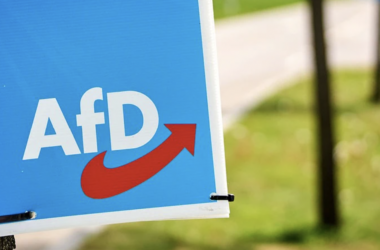French President Emmanuel Macron is set to welcome Hungarian Prime Minister Viktor Orbán to Paris on March 5, just a day before the emergency European Council summit in Brussels. While the Hungarian government confirmed the meeting, details remain scarce, though the war in Ukraine will be the main topic of discussion.
The invitation raises eyebrows, considering Orbán skipped Macron’s last two informal Paris summits and the recent London gathering of the “coalition of the willing.” Unlike most EU leaders, Orbán has consistently pushed for an immediate ceasefire and diplomatic negotiations, a stance more aligned with Donald Trump than with Brussels. In contrast, the EU’s prevailing strategy—arming Ukraine indefinitely in hopes of securing better peace terms—strikes him as both impractical and needlessly costly in human lives.
Despite their differences, Macron and Orbán may find some common ground. The French President has also floated the idea of a temporary ceasefire, a point that could dominate their conversation. Another likely reason for the meeting? Hungary’s looming veto against the EU’s proposed €20 billion military aid package, which comes on top of the €60 billion already allocated this year.
But here’s the twist—Macron might not actually want the package to pass either. Reports suggest France and other EU capitals secretly oppose it, yet they’re content to let Hungary and Slovakia take the public backlash for blocking it.
There’s also speculation that Macron sees Orbán as a key link to Trump. The Hungarian PM, who met Trump twice last year, remains one of the few European leaders with Washington’s ear on the Ukraine issue. Italian PM Giorgia Meloni has hinted at wanting to play the same role, but her balancing act between European allies and Trump’s camp may make her less effective.
Ultimately, Macron’s decision to bring Orbán into the fold signals a recognition of Hungary’s growing influence in shaping Europe’s approach to Ukraine—whether Brussels likes it or not.




